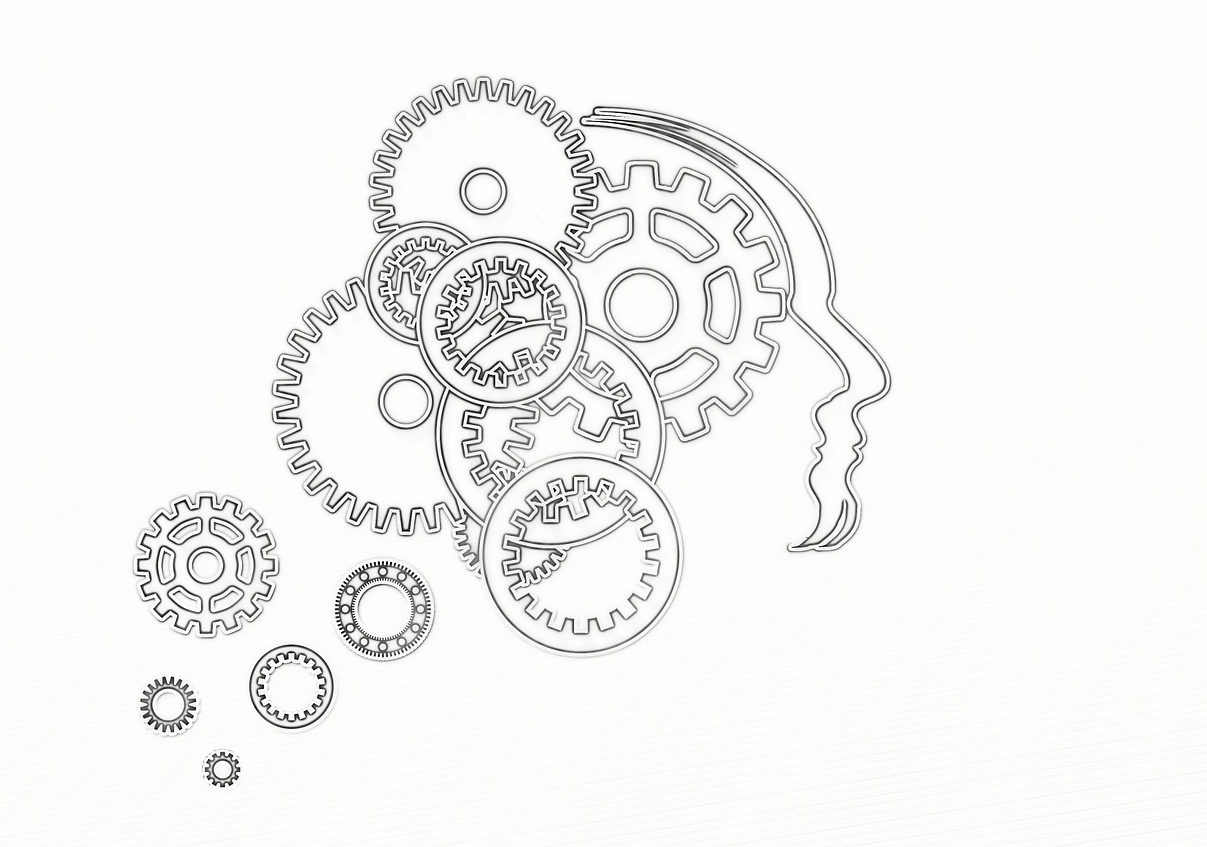Resilience and adaptability – key to success
The NSW Law Society Journal reported in October 2016 that the Future of Law and Innovation in the Profession (FLIP) Commission of Inquiry had been told by heads of law school that resilience and adaptability are important in order for lawyers to have a sustainable career in the profession.
Self-awareness is paramount to success
Whether in Law or other professions, to be resilient and adaptable necessitate identifying the existing state of which we operate and the places to which we aspire, and the ease we experience through that process of change and often stress. The recognition must therefore be underpinned by self-awareness.
Self- awareness is an accurate understanding of our personality traits, personal values, habits, emotions, and psychological needs, and their implications for ourselves or impact on others.
Through self-awareness,
- we begin to realise what triggers negative stress within us,
- we discern methods of coping and ways of being appropriate for us, and
- we have better response-ability to the demands and changes we encounter daily in our professional work.
Self-awareness comes from being alone.
Solitude, a prerequisite to self-awareness, creativity and innovation
A study undertaken through a collaboration between BBC Radio 4 and the Wellcome Collection’s researchers in residence, Hubbub, showed that the best outcome of ‘rest’ derives from activities undertaken alone. Solitude is a prerequisite to getting real rest.
And it is rest that gives respite to a busy mind and brings clarity and releases creativity. It opens space for introspection and reflection which leads to self-awareness.
Solitude is about being or doing for yourself, alone. Solitude is not being inactive.
Here are some ways in which you can practise solitude:
1. Have a cup of coffee, alone.
The in-between time when you have finished one job, and about to begin the other. Take a coffee or tea break to put aside what’s gone before, to gather your thoughts and emotions, and to re-balance your sense of identity and purpose. Do this alone. Have a beverage break.
2. Take a walk, alone.
Beverage doesn’t appeal? Have more time? Take a walk. It need not be in nature. A walk in the bustle of the city is fine. The criteria are be alone and to notice your surroundings. Let your mind wonder about the man in the grey suit, the woman with red umbrella, the children, the cars, the architecture, even the noise. This can be a fabulous time for reflection. Go with it.
3. Have a meal, alone
Take yourself to a restaurant with an ambience you’ll enjoy. How often do you merely eat and not pay attention to the process of eating? Well, alone in a restaurant, savour the sight and sound, taste the food … let your mind wonder and wander. Enjoy!
4. Read, alone
Most of us do read on our own, hard not to. This time however, find a spot that you can claim for yourself, away from a communal space. There, read and let yourself journey into the book. Fiction or non-fiction, they are stories to take you into yourself, your reaction or response to the stories. Ask yourself why and lightly explore these reasons. Revel in a different life.
5. Train or exercise, alone
Heading to the gym with a buddy or two is fun. Doing it alone gives you time to notice and sense your body in action without distraction. It is time to review your routine, and to feel its capabilities. Notice the energy surging within you. Feel alright for yourself.
“Success is liking yourself, liking what you do and liking how you do it.” ~ Maya Angelou
Check out the meaning of solitude, in my personal blog here.
Many things that you do, you can do alone. Try it some time, and solitude – that space for introspection, will relieve the busy mind, recharge the tired body, and boost the creativity we so need in our work as lawyers.
What activity do you do in solitude which contributes to your success? How do you occupy the space of solitude?
[An earlier version of this article was published on LinkedIn.]









